Chris Jones
Entertainment Editor
Chris Jones, from Washington, Illinois, is the Mail Entertainment Editor covering Movies, Television, Books, and Music topics. He is the owner, writer, and editor of Overly Honest Reviews.
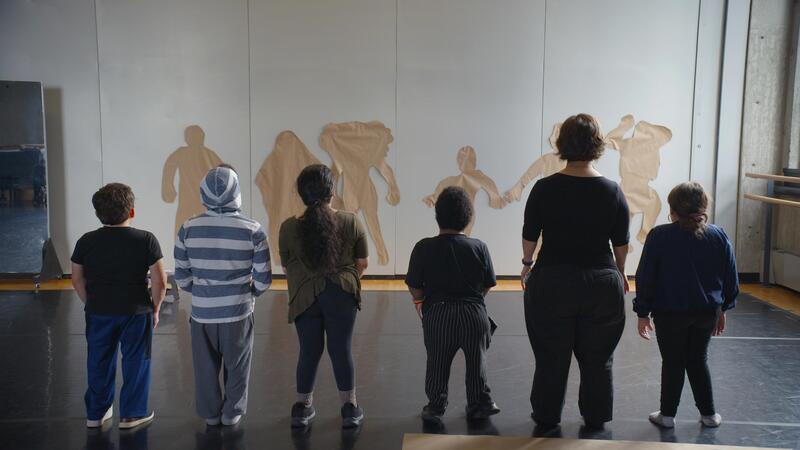
What does it mean to try and find where you fit in your body, when the world is so keen to put you into a box, and when that box itself is being questioned? THE TALLEST DWARF is a documentary that begins with the filmmaker’s own doubts and doesn’t turn those doubts into something to be looked at. Julie Forrest Wyman doesn’t approach this topic as someone who has all of the answers, or as a director hoping for a straightforward idea to emerge from it. Rather, the film works through a series of questions and shows how identity can be formed, rejected, put off, or quietly changed by the medical profession, by what people generally believe, and even by kindness that says nothing.
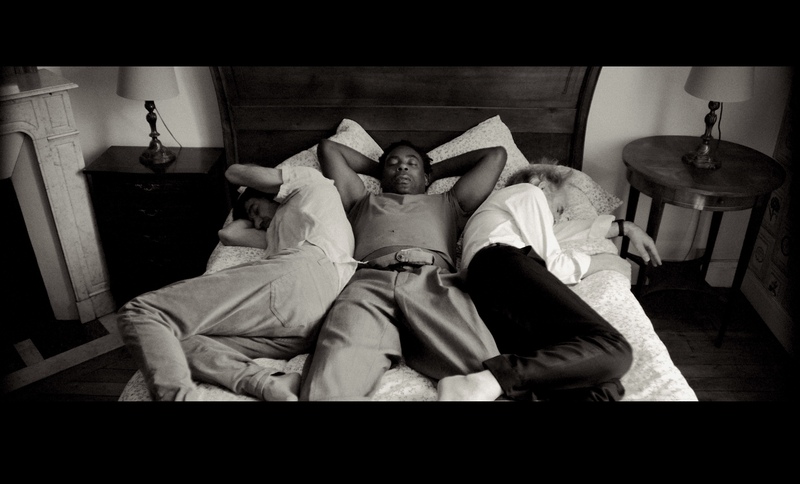
What does it mean to live in a world that has already decided you’re not important? THE KEY is based around individuals who’ve managed to vanish, not by choice, but as the easiest way to get by in life. Paul G. Sportiello’s first feature film isn’t about showing off poverty or on the outside to make a point about morality. Rather, it depicts invisibility as something people learn, something handed down between those who come to realize that not being noticed is, at times, safer than being seen.

How big does a monster story have to become before it overcomes the individuals in their immediate vicinity? The second season of Monarch: Legacy of Monsters arrives with a very definite goal: to be bigger, to go further, and to at last prove its right to be within the Monsterverse, not just adjacent to it. The first season was often a fairly down-to-earth drama about people who happened to be near these major events; the second season aims for direct impact. The result is more self-assured, more ambitious in its visuals, and sometimes a little bit awkward, yet also more satisfying when it remembers what made the show good in the first place.

What does it mean for the most well-known songwriter on earth to suddenly find himself without a band, without any support, and without any certainty that people still want to hear what he is doing? MAN ON THE RUN doesn’t attempt to cover The Beatles' story again, nor should it; we have multiple documentaries that have told that story. Here, we’re posed a tougher question: what happens when a legend has to demonstrate his worth from the beginning?
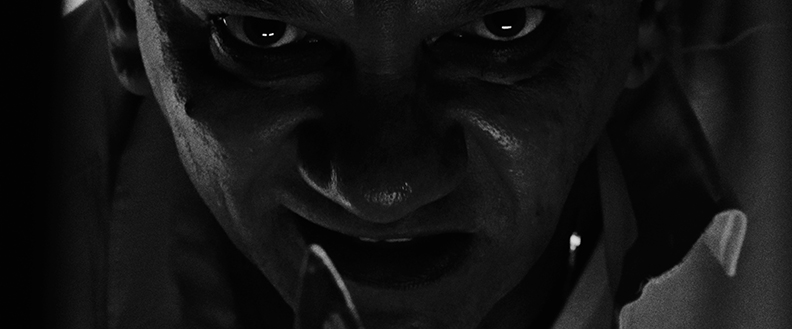
What do you do when the world around you feels like the very thing you’re attempting to get away from? TONY ODYSSEY begins with that problem embedded in its core; it’s rooted in the quite ordinary disappointment of a person, before the movie breaks apart, twists, and ultimately doesn’t bother to be polite or even make sense (and doesn’t need to). From the first scenes, Thales Banzai’s first film shows that this isn’t a story that wants your comfort, or to make things clear, or even to reassure you. It’s a film about being used up from deep inside, about the harm of not moving forward, and about the idea that, perhaps, past the rules, there’s some way to get out.
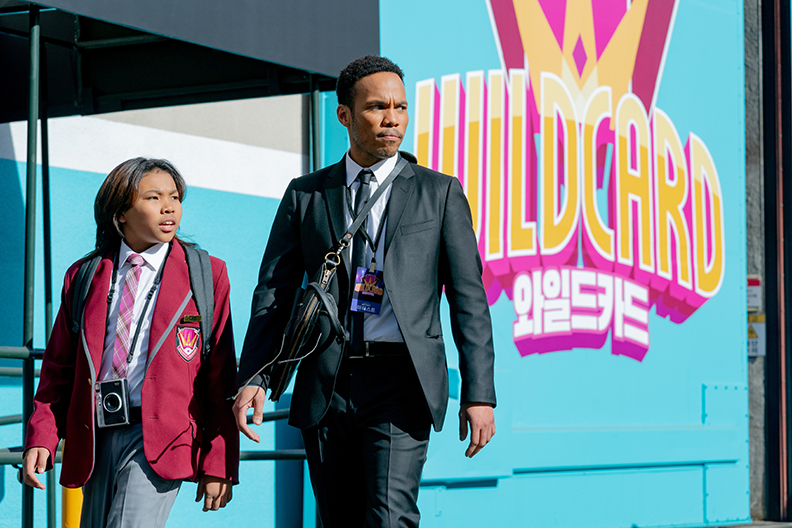
What happens when trying to be relevant means facing up to those you’ve let down? K-POPS! presents itself as bright, musical, though its real heart is more subdued than you’d think. With the energy of a K-pop contest and the fun of a stranger-in-a-strange-land idea, it is a tale of a man who confused what he wanted to do with what his purpose was, and is now at last made to deal with the difference. Anderson .Paak’s first time directing doesn’t attempt to change the genre.

What happens when a television series grows so large that it begins to rewrite public memory, and not just entertain? PEAKY BLINDERS: THE REAL STORY focuses in part on offering an answer to that question, positioning itself less as an extension of a global franchise and more as a corrective lens, one that slows the momentum of cultural obsession long enough to ask what’s been gained, lost, and distorted along the way.
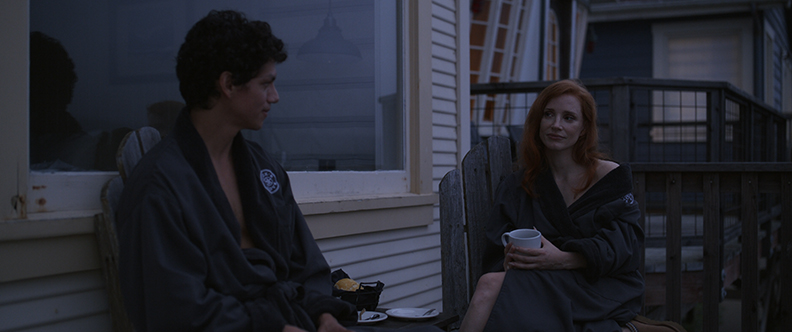
When power, not affection, is the first thing to shape it, what does love look like? DREAMS starts like a romance, but doesn’t want to ease anyone in. Right from the beginning, between Jennifer McCarthy (Jessica Chastain) and Fernando Rodríguez (Isaac Hernández), there’s a lack of balance, not in obvious spitefulness, but in quiet domination. Writer/director Michel Franco isn’t making a big, cross-cultural love story; he’s making a deal which, little by little, shows what it’s about.

THRESHOLD doesn’t begin with triumph; it begins with showing what proximity is. The film follows Jessie Diggins throughout a single World Cup season. It embeds its focus there, not as a highlight reel or a retrospective, but as a record of the daily pressure, physical demand, and psychological strain. From its opening stretch, the documentary makes clear it isn’t interested in building a myth or reframing success. It wants to see what happens when the mechanisms that once drove greatness begin to cause harm.
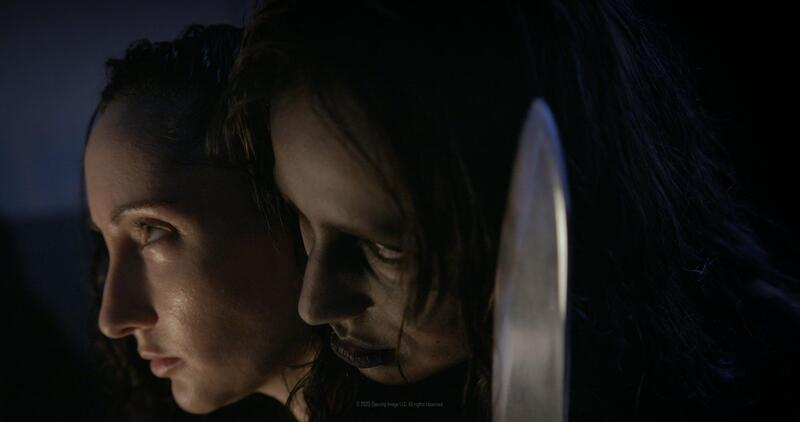
Is healing still possible once vulnerability becomes mandatory? BARE SKIN begins with the idea of safety, but never lets the viewer forget just how unstable that idea is. The movie quickly creates a space that conveys concern and healing, only to subtly poison it. The thing that makes it so disturbing isn’t the amount of blood or scares, but the gradual understanding that showing what you feel can be as risky as being in physical danger, and when people in charge aren’t held back from doing whatever they want.
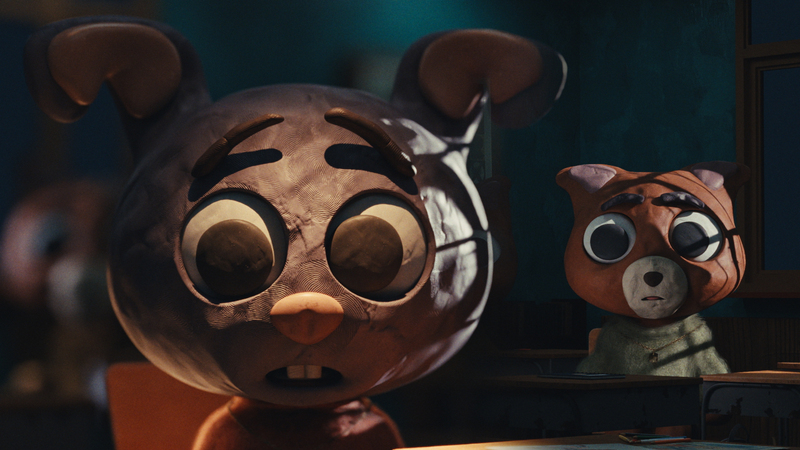
What happens to innocence when those in control no longer recognize it? STARRING CONTEST doesn’t frame that question through dialogue or exhibition; it lets it unfold in silence, trusting the viewer to feel the shift rather than having it explained. In just 99 seconds, the film constructs a space that feels harmless, then quietly dismantles it to an absolutely devastating effect.
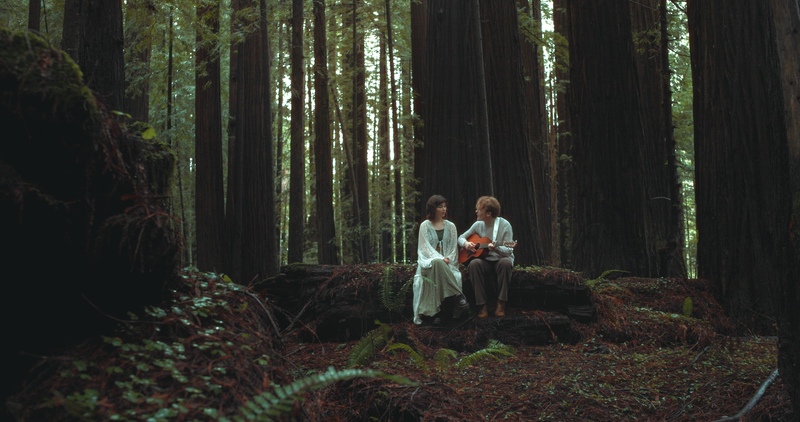
What to do when a movie about environmental collapse won’t play ball and instead wants to turn itself into something more digestible? CLIMATE CONTROL begins with that idea embedded in its core concept, then delights in flipping all expectations, over fifteen incisive, restless minutes, not just dismantling climate conversations but also the systems that increasingly render them into content, convenience, and algorithm-friendly placation.

What does it mean to document a relationship when the camera can’t fix what’s already fractured? DIANA & MINERVA begins from a place of observation rather than explanation, following two women whose bond is defined less by grand gestures than by endurance. The film doesn’t reach for metaphor or symbolic framing to elevate its story. Instead, it stays rooted in the everyday realities of care, tension, and dependency, allowing intimacy to emerge through repetition, routine, and moments of unspoken strain. What unfolds isn’t a mythic portrait or a romanticized study of devotion, but a patient record of two lives moving forward together because separating would cost more than staying.

What happens when a comedy stops trying to be quick-witted and commits fully to being honest about how people actually behave when they’re hurt, embarrassed, and making things worse by the second? DANNY IS MY BOYFRIEND answers that question by leaning into discomfort and letting it spiral. There’s an honesty here, there’s something that lets the people in this story exist, break down, and come out swinging on the otherside, telling a cathartic story about who they are.

What if a documentary stopped asking how it should show the subjects of the film, but rather how those subjects wish to be seen? While BRAILLED IT doesn’t explicitly ask this question, it’s built around the answer. We leave behind the premises of conventional documentary expectations the moment this film begins, giving cameras to blind and low-vision kids competing in the annual Braille Challenge. The filmmakers make a discreet yet strong choice against translating experience into sight for sighted viewers and instead invite the audience to come to the experience itself, to where it exists.